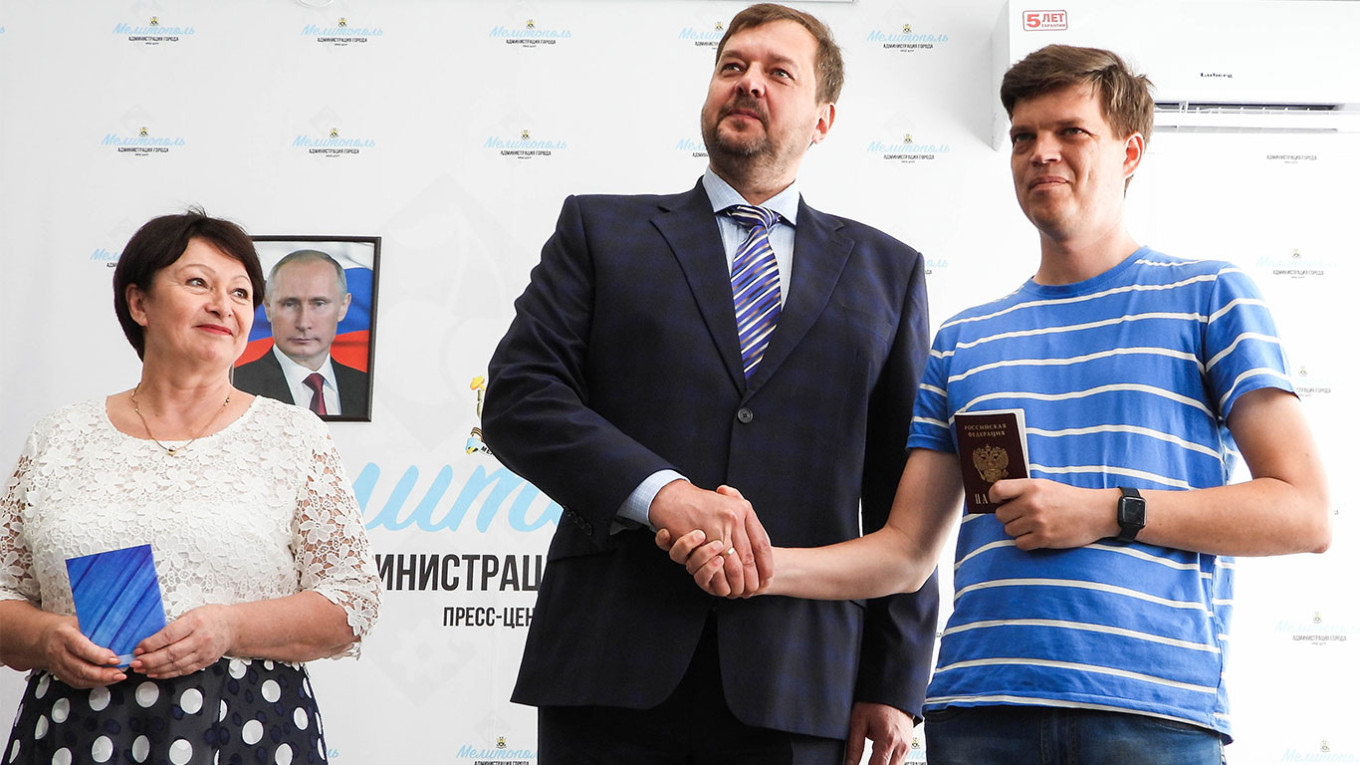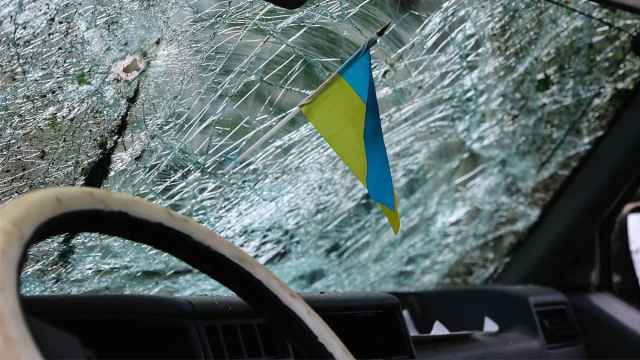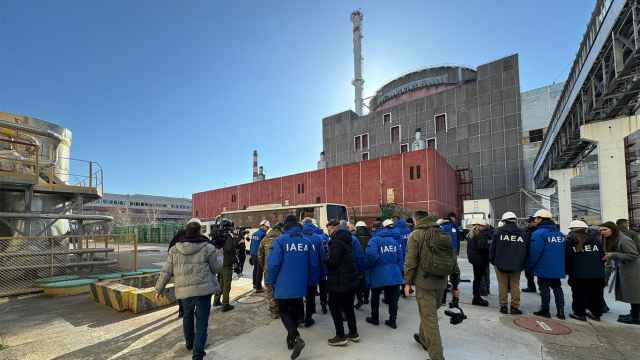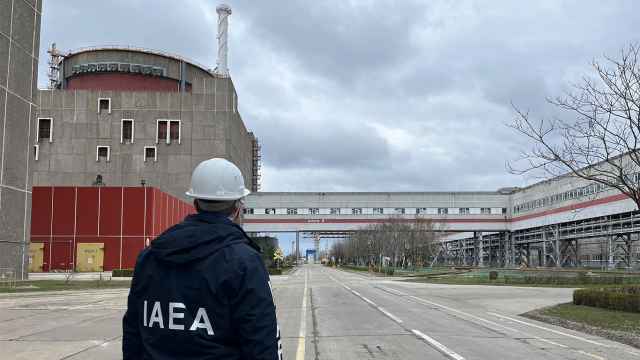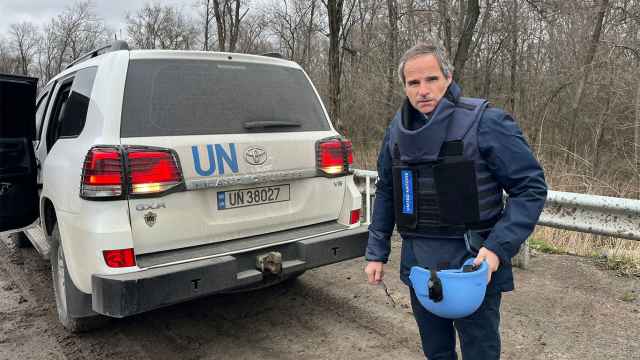The United Nations on Monday voiced concern over Moscow's "mass conferral" of Russian passports in Ukrainian territory it controls, saying that those who refuse the documents are "ensnared in a web of exclusion."
The UN human rights office OHCHR said residents who do not take up Russian citizenship were being denied access to essential public services and were at greater risk of arbitrary detention.
"One and a half years after the Russian Federation's full-scale armed attack on Ukraine, we continue to bear witness to blatant and unabated violations of human rights," said UN deputy human rights chief Nada Al-Nashif.
In Russian-occupied territory, "we have observed with deep concern a policy of mass conferral of Russian citizenship on residents," she told the Human Rights Council as she presented OHCHR's latest report on the rights situation in Ukraine.
"Individuals who opt not to accept Russian passports find themselves ensnared in a web of exclusion, denied access to essential public services such as social security and healthcare."
Since 2014, Russia has been issuing passports to Ukrainians in the eastern Donbas areas held by pro-Moscow separatists as well as annexed Crimea.
However, following the Kremlin's February 2022 invasion, the issuance of Russian passports in these territories has become more widespread and aggressive.
An array of daily needs, such as receiving government benefits, receiving or keeping a job and seeking medical treatment, require Russian-issued papers, experts and residents have told AFP.
In April, Putin signed a decree that allows Ukrainians in occupied areas to potentially be deported if they do not obtain a Russian passport by July 1, 2024.
Deputy human rights chief Nashif said the war "continues to erode the foundations of dignity and humanity."
"Documented abuses range from widespread torture and arbitrary detention to conflict-related sexual violence and denial of the right to an adequate standard of living," she said.
A Message from The Moscow Times:
Dear readers,
We are facing unprecedented challenges. Russia's Prosecutor General's Office has designated The Moscow Times as an "undesirable" organization, criminalizing our work and putting our staff at risk of prosecution. This follows our earlier unjust labeling as a "foreign agent."
These actions are direct attempts to silence independent journalism in Russia. The authorities claim our work "discredits the decisions of the Russian leadership." We see things differently: we strive to provide accurate, unbiased reporting on Russia.
We, the journalists of The Moscow Times, refuse to be silenced. But to continue our work, we need your help.
Your support, no matter how small, makes a world of difference. If you can, please support us monthly starting from just $2. It's quick to set up, and every contribution makes a significant impact.
By supporting The Moscow Times, you're defending open, independent journalism in the face of repression. Thank you for standing with us.
Remind me later.


